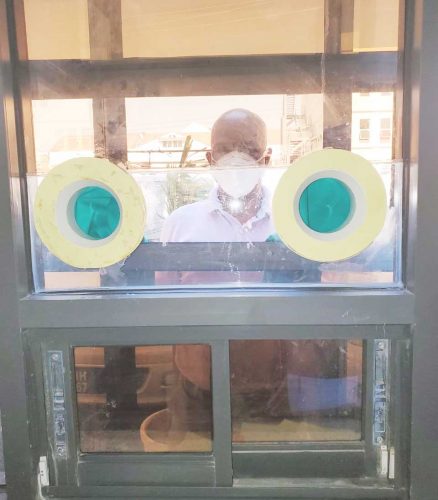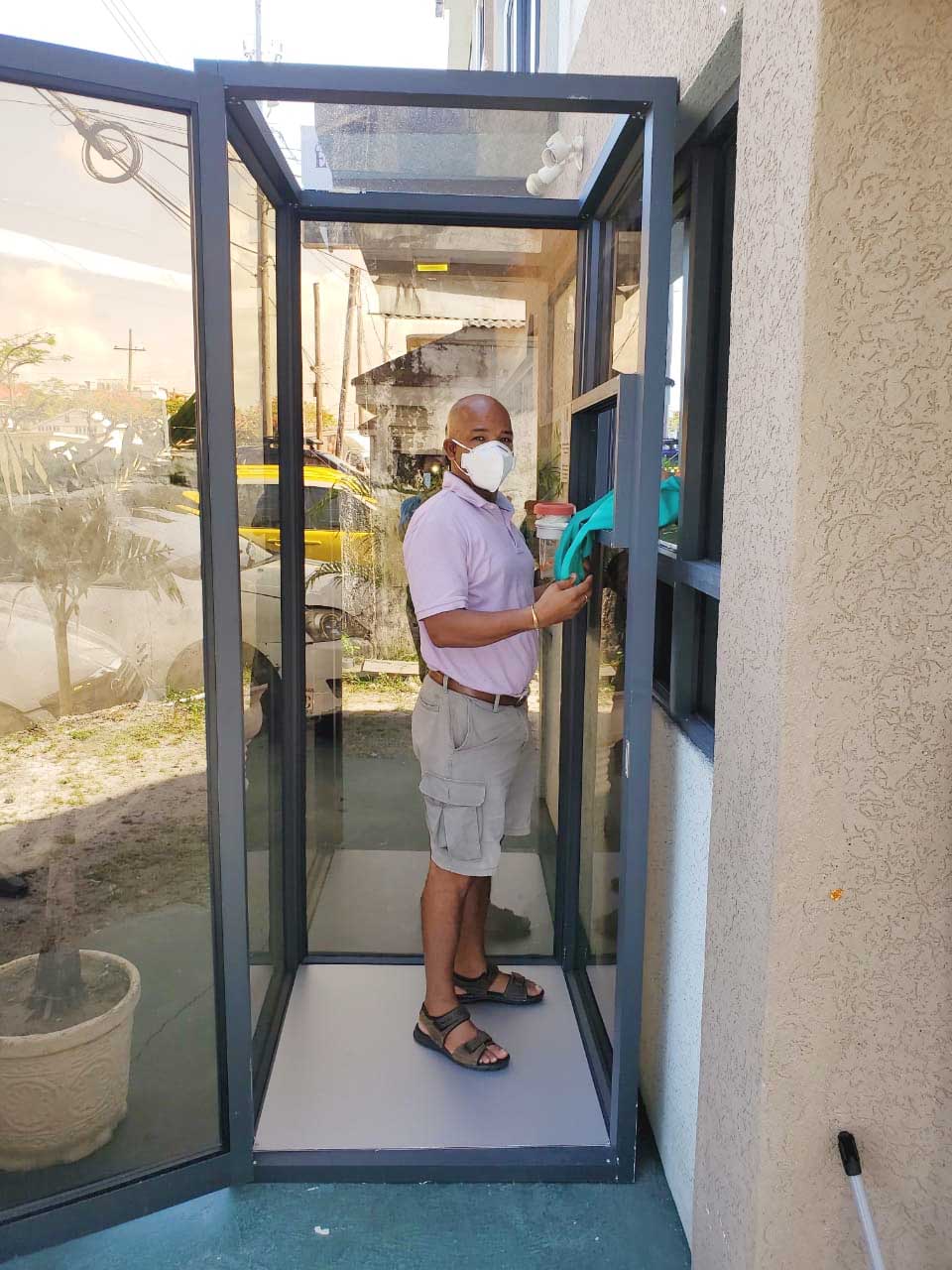Some private medical facilities have begun to invest in the necessary infrastructure to offer testing services for the Novel Coronavirus (COVID-19) following government’s green light.
Starting from tomorrow, private laboratory, Eureka Labs will begin offering the test to persons, who would have displayed symptoms of the virus. The cost for the test is pegged at $25,000.
Two Saturdays ago, de facto Prime Minister Moses Nagamootoo announced that the caretaker government has granted permission to private health facilities to conduct testing for the novel coronavirus disease (COVID-19) and to treat confirmed cases.

“We have now given the green light for the private hospitals to import their own testing kits so that you can supplement and do rapid testing, both state and non-state institutions,” Nagamootoo said.
Nagamootoo who serves as the Chairman for the National COVID-19 Task Force (NCTF) made the announcement during a virtual press conference last week.
Eureka Labs in a Facebook post on Saturday announced that they will be offering the testing and provided a synopsis of the process.
All persons wishing to have a test done will be required to fill out a questionnaire via phone before an appointment can be done. On the day the nasopharyngeal sample will be taken, persons are asked to take along a valid form of identification.
The samples will be taken and sent overseas for testing and will return within four to five days. Persons will be informed of the results via delivered mail, email or pickup services, the announcement said.
Yesterday, Proprietor of the lab Andrew Boyle told Stabroek News that because of the huge demand for testing kits worldwide, they have to partner with overseas bodies to have the test done. He noted that this situation is however, temporary as they were informed that testing kits will be available in May and from then they will be able to have the test done locally.
In the interim, the samples after being collected will be sent to the United States a day after via a courier service. The cost of the test includes the courier fees and shipping fees, he pointed out.
“Yes, we will be doing local testing as soon as we have the proper reagents and the optimal safety requirements/ conditions (certified safety cabinet, properly isolated area etc),” Boyle said when asked if the testing will be done here in the future.
Boyle explained that the collection of samples will be done every Tuesday from the time the laboratory is open up to 3.30 pm.
“After every collection we will have to sanitize the booth. This is a contagious illness and we have to take serious precautions for staff safety and the customers. We have set up a system where staff can be protected,” Boyle said.
He explained too that they have put all systems in place to ensure the environment is safe for customers.
Handle
Asked about the staff complement to handle testing, Boyle said the laboratory has experienced persons who are trained to handle such testing.
Persons, who request the test will be asked to enter a booth which has a protective window separating the technician from the patient. The booth is equipped with a large glove in which the laboratory assistant will place their hands to take the nasopharyngeal sample from the person.
Asked further if the laboratory will test anyone, Boyle responded in the negative. He explained “We don’t want everyone who feels they want to have a test come in. This is why we are asking persons to call us and we will administer the questionnaire. If we find it necessary for them to do the test we will let them come in. It does not make sense to have everyone tested if they don’t show the symptoms or if they haven’t come in contact with a
person, who would have tested positive,” he explained.
Boyle added that with private entities offering the test it will take some of the burden off of the Ministry of Public Health. He stated too, that they will be able to provide a service to persons who do not want to go through the public health system.
Private medical institutions which are offering the testing service are required to share the information from their testing with the Ministry of Public Health. The results will be incorporated into the national COVID-19 data.
Boyle said too that at the moment the test is only being offered at its Georgetown laboratory and should the need arise for expanding they will do so to out-of-town locations.
Apart from Eureka Lab, the St. Joseph Mercy Hospital and the Woodlands Hospital have plans in the pipeline to offer the testing.
Christopher Chapwanya – Public Relations Representative, St. Joseph Mercy Hospital said that they are in the process of setting up the infrastructure for COVID-19 testing and are looking to make this operational in the shortest time possible. No other information on testing protocols were provided.
When Stabroek News contacted the Woodlands Hospital, a staff member confirmed that they too are planning to offer the testing. However, it was explained that they are not sure when the testing will be available to the public.
Nagamootoo explained in his virtual press conference that “The original concern is that government cannot be a monopoly in testing and private institutions should be allowed…the private institutions are being brought into play and they are now a partner. Since they are private institutions, they may very well work out the conditions under which they do such testing with patients who may prefer to go to a private institution rather than to go to a public institution where everything is done free. So, there is a difference between the mode of operation of either of the two institutions but yes in a situation of an emergency, I would think that it is feasible in fact for me it is reasonable for private institutions to seek a kind of support from the state in terms of doing the test and even doing the treatment and management of positive cases”. He added that the private hospitals are also being approached to designate spaces for treatment and management of COVID-19 cases.
Guyana began testing for COVID-19 on February 26 and recorded its first case on March 11.
Pan American Health Organization (PAHO) resident representative Dr William Adu-Krow says some 7.000 more testing kits are expected.
As of last week, Guyana had a total of 2000 COVID-19 testing kits, which were donated by the PAHO/WHO.
The National Public Health Reference Laboratory is presently conducting testing on behalf of the public health system.



